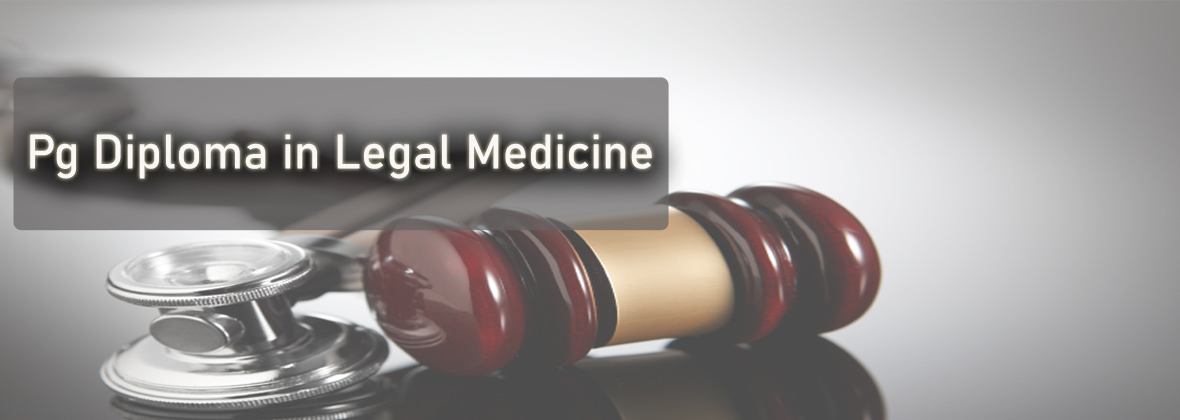
![]()
Forensic Medicine deals with the application of principles of medicine, medical knowledge and expertise in the administration of justice. It is one of the applied medical sciences. The discipline of Forensic Medicine consists of clinical forensic medicine, forensic pathology including anatomical pathology, forensic histopathology, Forensic Toxicology and forensic anthropology. Forensic genetics, Forensic Odontology, forensic radiology, forensic psychiatry are some of the subspecialties which are essential to the practice of forensic medicine.
To practice Forensic Medicine, a doctor should possess adequate knowledge in Forensic Medicine(mainly clinical forensic medicine and forensic pathology) and skills in the examinationof the living and the dead (performing autopsies), with a view to providing effective oral ordocumentary evidence in Courts as a competent expert witness. It is essential to havespecialized training to ensure good practice of Forensic Medicine. This training which is at ahigher level than the undergraduate teaching and training should include acquiring in-depthknowledge, expertise, development of finer skills and necessary attitudes to function as a nonspecialist forensic medical expert.
Therefore, training leading to the Postgraduate Diploma in Legal Medicine should be geared toachieving the final goal, i.e. to produce a competent, practitioner of Forensic Medicine whoprovides a Forensic medical service to the country in keeping with good medical practice andfunctions as a competent, independent and impartial expert medical witness in the legalsystem of Sri Lanka.
![]()
On successful completion of this programme the diploma holder should
- have acquired competencies(knowledge, skills, expertise, attitudes) in the effective medico-legal management of the living and the dead and
- be able to provide a forensic medical service in keeping with good medical practice,
- be able to provide competent, independent and impartial expert evidence and
- be able to disseminate knowledge in the field of forensic medicine to allied health care professionals and other stakeholders in the criminal justice process in Sri Lanka
![]()
To be eligible to sit for the selection examination and to be selected for admission to the training programme, prospective applicants must satisfy the following requirements:
- Hold a medical degree and should be registered with the Sri Lanka Medical Council.
- Completion of internship recognized by the Sri Lanka Medical Council.
- Completed one year work experience in Sri Lanka in the medical field after internship acceptable to the Board of Study/BOM/Senate.
- The criteria prescribed in paragraphs (1) to (3) must have been fulfilled by the applicant as at the date of closure of applications for the selection examination.
- Produce a medical certificate from a specialist physician to confirm general mental and physical fitness.
- Comply with any other PGIM regulations. * Foreign nationals who seek to apply to sit the selection examination should possess a medical degree registrable with the Sri Lanka Medical Council.
Please refer to the relevant prospectus for the most up to date information. The prospectus of a particular programme contains official information pertaining to a programme approved by the Board of Management, University Senate and the University Grants Commission